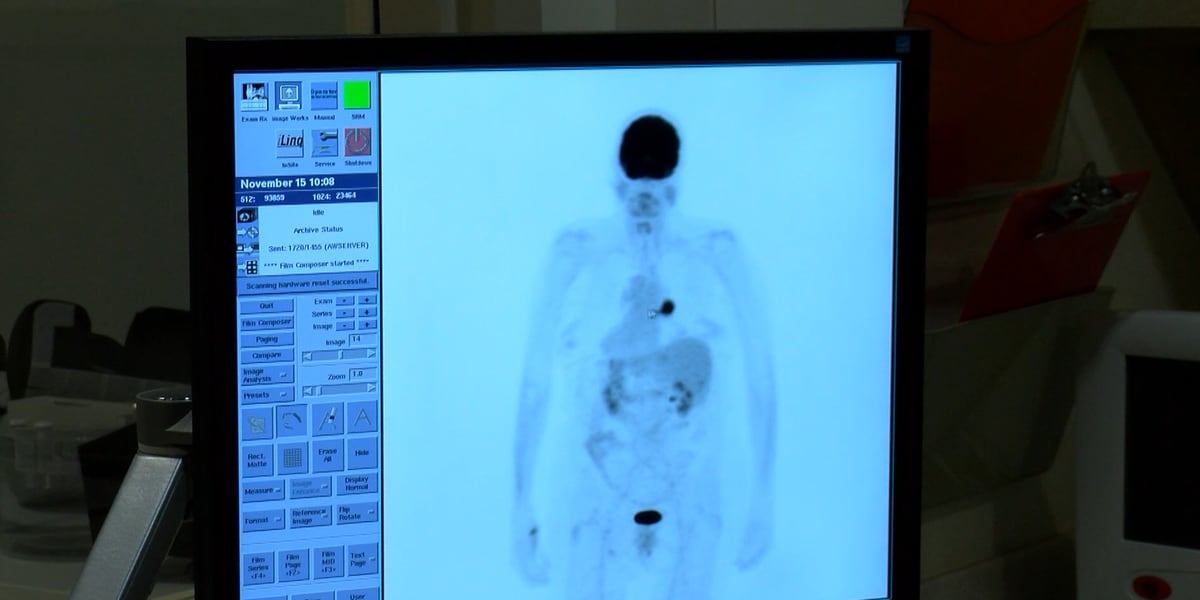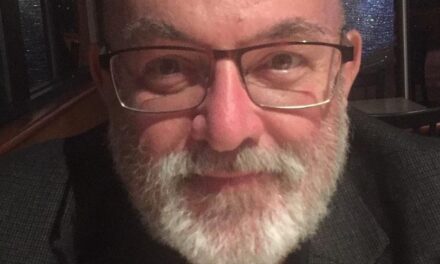
CHARLESTON, S.C. (WCSC) – The South Carolina Department of Health and Environmental Control states that lung cancer is the leading cause of cancer death for both men and women – nationally, and in the state – but hospitals in the Lowcountry are working to change that with newer technology.
DHEC states that over 127,070 people in the U.S. are expected to die from lung cancer in 2023, 2,600 of those estimated to be South Carolinians.
Chris Childress, the Administrative Director of Oncology for Trident Health, said that the reason lung cancer causes so many deaths is because of late-stage diagnosis. He said that lung cancer shows almost no symptoms until it is in the later stages and is much less treatable – if treatable at all.
Lung cancer is also the most commonly diagnosed cancer according to DHEC. DHEC predicts that in 2023, nearly 240,000 new cases of lung and bronchus cancer will appear in the United States.
Dr. Anthony Alberg, professor of epidemiology at USC, said that nine out of 10 cases of lung cancer are caused by cigarette smoking. He also said that secondhand smoke can also be a major risk factor.
Childress said that because so many people with lung cancer are cigarette smokers, if they do show early symptoms such as coughing, or congested breathing and it is almost always confused with the side effects of being a smoker. This is why people at Trident Health, like Childress, are working to find ways to diagnose lung cancer in the earlier stages and a piece of technology at their hospital has proven to help with this.
The low-dose lung screening CT is a scan at Trident Health, and now many hospitals across the nation, that is able to detect pulmonary nodules in the lungs at the earliest stages. It is just a quick, five-minute scan of your chest that can detect lung cancer early enough for them to treat it. The scan uses very low amounts of radiation and does not require an IV or any type of preparation.
Alberg said that this scan has proven to be very effective.
“It’s been shown in randomized trials to be efficacious in diagnosing lung cancer in early, more curable stages and reducing mortality from lung cancer. And then on the treatment side in the clinic, there’s been tremendous gains in treatments for lung cancer, so even though the prognosis and survival is poor overall – it’s much better than it was even 10, 15 years ago – up from 15% five-year survival to about 27% – and that’s due to a number of advances including targeted therapies for lung cancer,” Alberg said.
Since the scan came to Trident Health in 2014, they have scanned over 11,000 people in the Lowcountry. In order to receive the scan, there is a criteria you must meet.
You must:
- Be between the ages of 50 and 80
- Have smoked 20 packs per year
- OR have quit smoking in the last 15 years
Childress said that if you fall into this criteria, or know someone that does, he really encourages considering the scan.
“It’s important. Think about your mom, think about your dad, think about anyone that has smoked or that has quit smoking – that conversation is important. That allows us to really – at heart – really focus on each other, focus on our community and focus on our ability to really allow them the opportunity to get a very easy scan that allows us to get ahead of such a horrible disease,” he said.
Alberg said that the only issue with the scan is just that not enough people are getting it done.
“The one challenge there is that a very small percentage of people who are eligible for the screening are actually getting screened. If the screening rates went up, we would see much more benefit from that,” Allberg said.
Childress said that he encourages people to use this month of lung cancer awareness to have those conversations with their loved ones or their doctors about getting the scan.
“Lung cancer awareness month is an important month. It’s a month for us to one, honor the patients who have succumb to this horrible disease and it also gives us the ability to align with our community partners, align with our family members, our neighbors to actually have that conversation and say hey it’s important. It’s important to me. And it’s important for them to get that screening done,” he said.
Both Alberg and Childress said that medical professionals and policymakers are working to increase the number of people getting the scan.
“Just a few years ago, the criteria were changed. It used to be a 30-pack year history of smoking and now it is 20, and the age went down from a minimum of 55 to a minimum of 50,” Alberg said, “In that regard, it was felt that would make eligible many more women and people of color who weren’t eligible under the older criteria.”
Childress said they are also working at Trident Medical Center to widen the range of patients getting scanned.
“One of our opportunities that we are really focusing on this year is the underserved, the minority groups. That has shown that that population really hasn’t met that threshold as far as the screening criteria, is meaning education about the program, being focused on our ability to really reach out to those populations, reach out to community groups that support the underserved and align with them to make sure that those patients get the same exact care that anyone else could have,” Childress said.
Childress said that you can go through your provider to get the scan done and it is now covered by most insurance companies.
You can take a lung cancer risk quiz to determine your eligibility by clicking the link here.
Copyright 2023 WCSC. All rights reserved.




